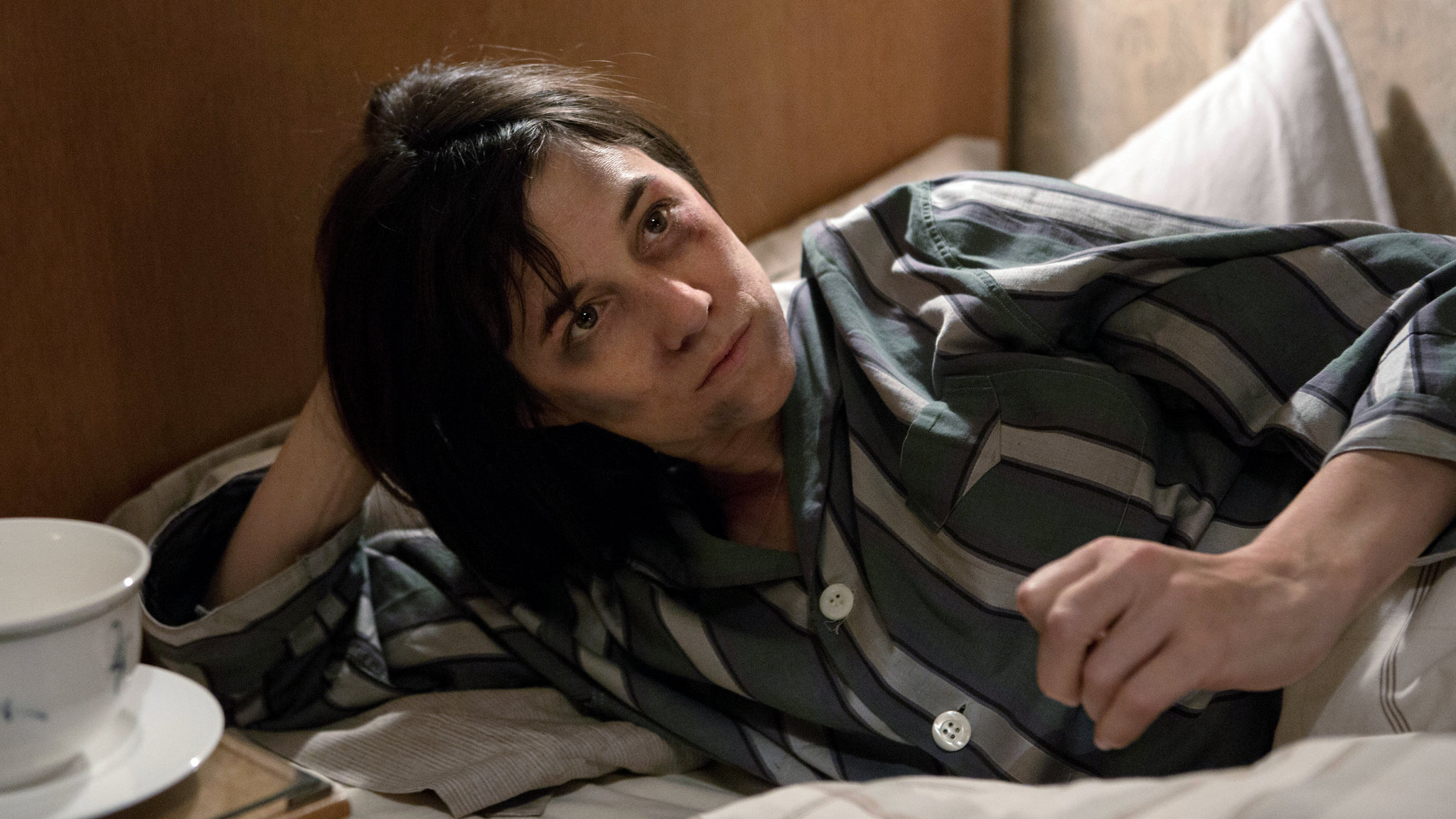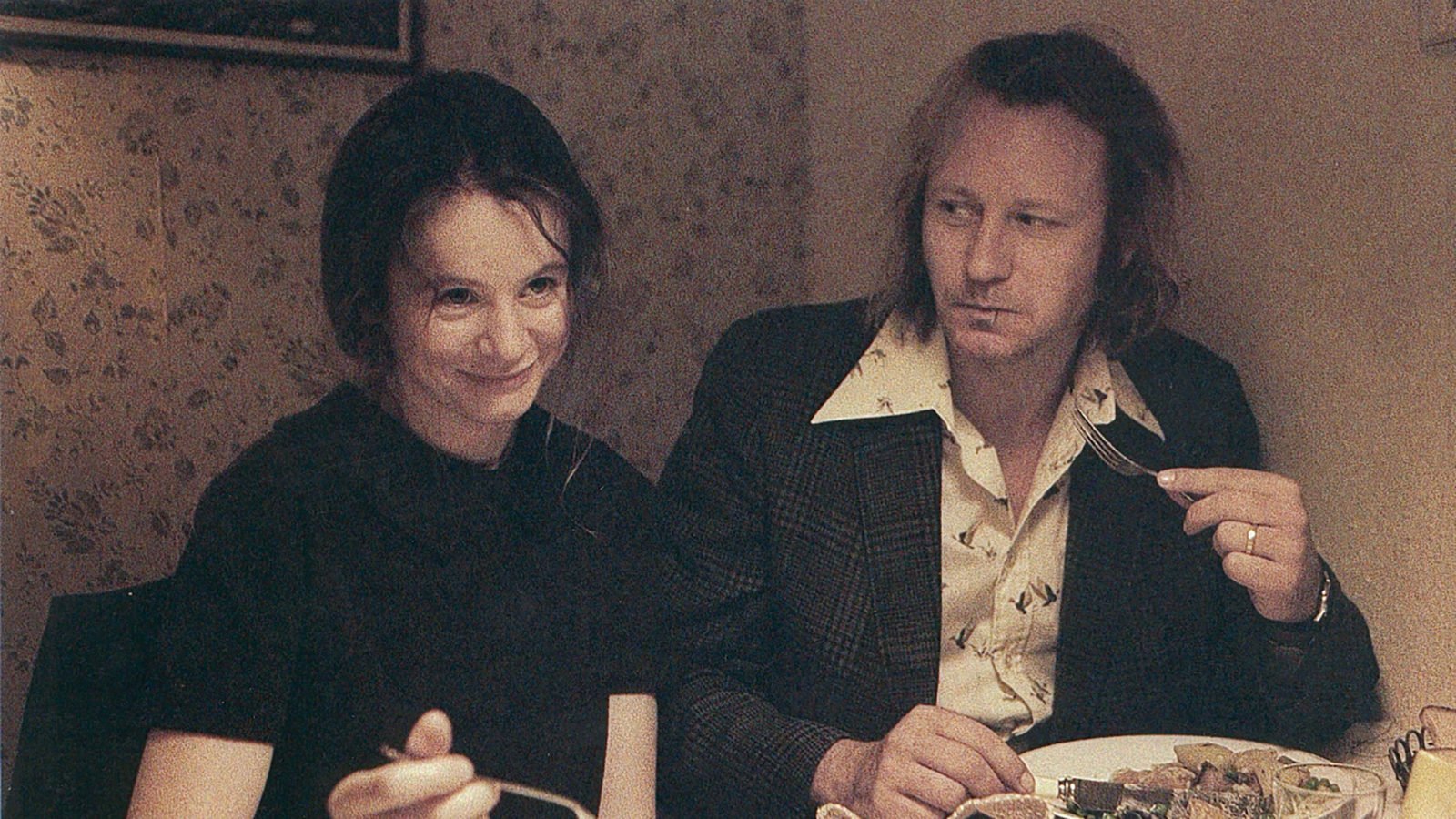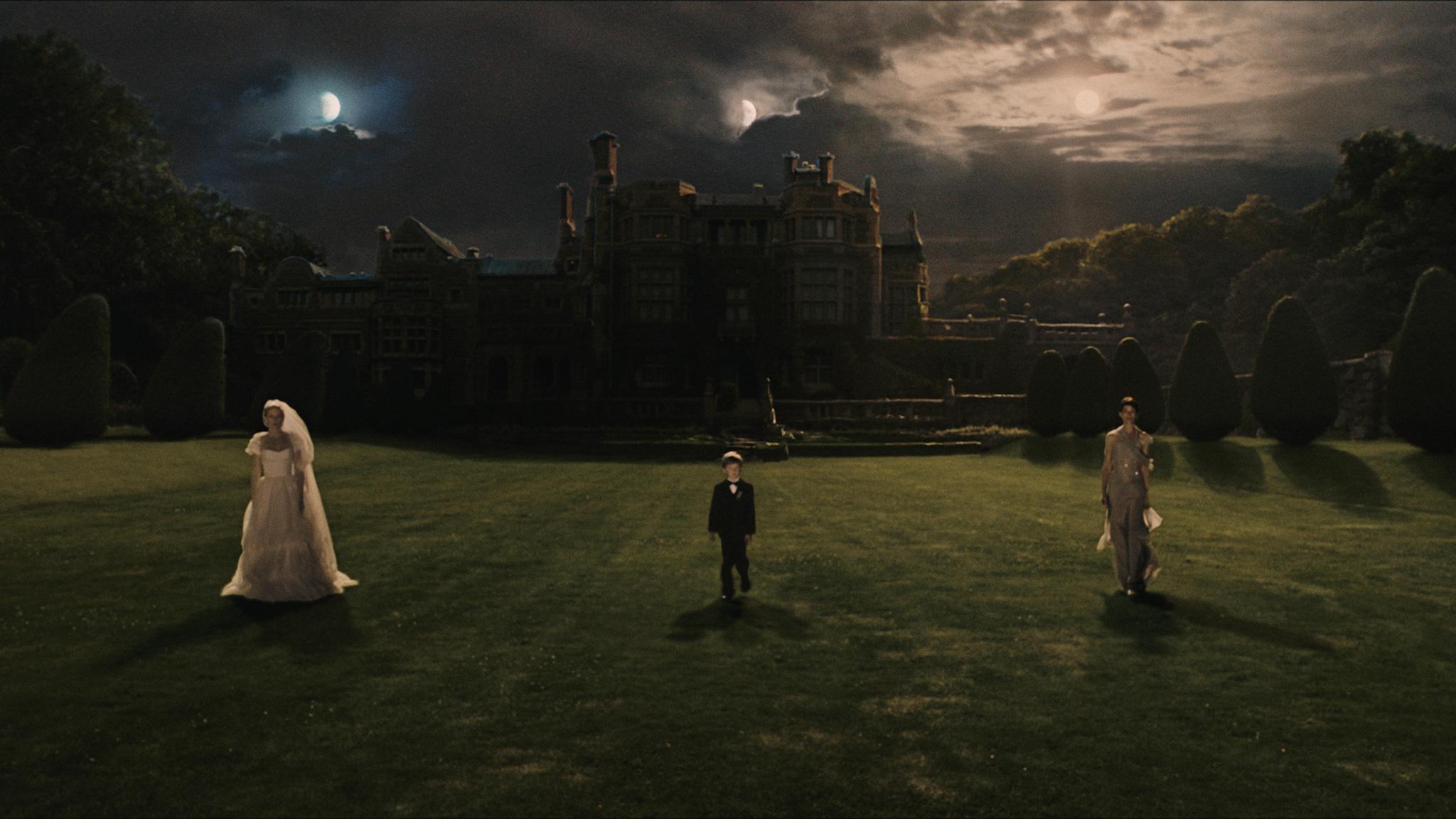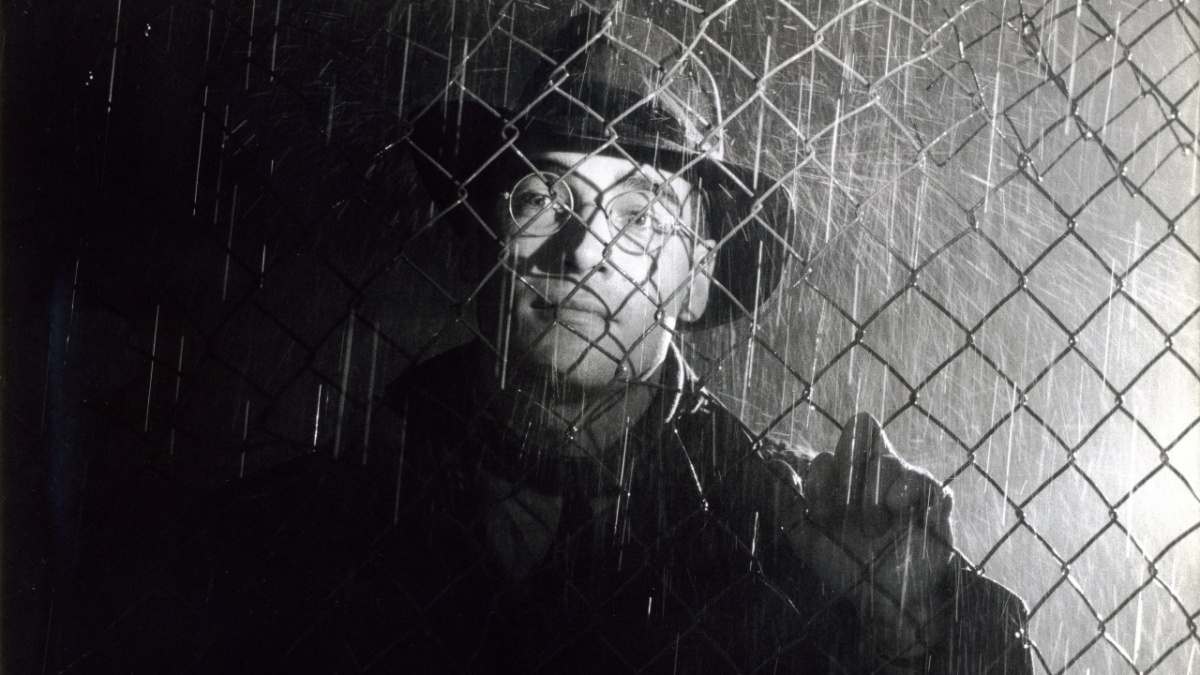Danish writer-director Lars von Trier concludes his so-called Depression trilogy with the two parts of Nymphomaniac, an elaborate retelling of the life of a young woman (played by Stacy Martin and then, by Charlotte Gainsbourg) lived from one libidinous pleasure to another. The film's elaborate subplots have a life of their own and flashbacks often take center stage in Joe's auto-narration. Nymphomaniac I introduces the audience to adolescence and early adulthood, through disappointments, adultery, death drive, and extreme ambivalence. Joe's process of self-actualization seems contested and inspiring at the same time, and Gainsbourg is really given the screen time to shine; even more so than in Trier's previous psycho-social drama, Antichrist. Typically for the rich treasury of cultural references, Bach, Edgar Allan Poe, and Fibonacci play crucial parts in reconstructing the symbolic planes in Joe's story. Oh, and Part One opens with Rammstein's "Führe mich", which in itself is an perfectly valid reason to give it a go.
Genre: Drama
Actor: Ananya Berg, Anders Hove, Andreas Grötzinger, Charlie Hawkins, Charlotte Gainsbourg, Christian Slater, Christoph Jöde, Christoph Schechinger, Clayton Nemrow, Connie Nielsen, Cyron Melville, David Halina, George Dawson, Hugo Speer, James Northcote, Jamie Bell, Jeff Burrell, Jens Albinus, Jesper Christensen, Jesse Inman, Johannes Kienast, Jonas Baeck, Maja Arsovic, Markus Tomczyk, Mia Goth, Michael Pas, Nicolas Bro, Peter Gilbert Cotton, Saskia Reeves, Shia LaBeouf, Simon Böer, Sofie Kasten, Sophie Kennedy Clark, Stacy Martin, Stellan Skarsgård, Tomas Spencer, Uma Thurman, Willem Dafoe
Director: Lars von Trier




